
‘Athletic’ woman given months to live after symptoms dismissed as ‘long Covid’
An athletic 33-year-old woman has been given just months to live after several relapses of leukaemia, which was initially mistaken for long Covid.
Olivia Knowles’s ordeal began in late 2023 when she experienced headaches and fatigue, which she was told was “very likely long Covid”, before an excruciating toothache led to an emergency hospital visit and a diagnosis of acute myeloid leukaemia (AML).
Throughout 2024, Olivia endured gruelling chemotherapy and multiple relapses. At one point, she revealed, a doctor even suggested she consider Dignitas, the assisted dying centre in Switzerland. A glimmer of hope appeared in December with a successful stem cell transplant, and she was declared cancer-free months later.
But Olivia’s relief was short-lived. Just a week later, in early March 2025, the leukaemia returned, and she was given months to live.
The hair salon owner from Blackpool, whose “typical weekend” before her diagnosis involved 100-mile bike rides and 15-mile runs, walked 20 miles around Fairhaven Lake on March 16 to raise funds for clinical research at King’s College Hospital.
She said she hopes any donations will improve research on AML, a particularly aggressive cancer which, she said, has not seen any “solid advancements” in treatment for 50 years.
“I always thought that relapse would be a real possibility, but obviously, I just didn’t expect it to be so soon,” Olivia said.
“All I really miss now is going to work and training. That’s all I want – just my normal day and my normal routine.
“If you could have one day, it might sound odd to some people, but I would just love to take the dog for a run and go to work, more than anything.”
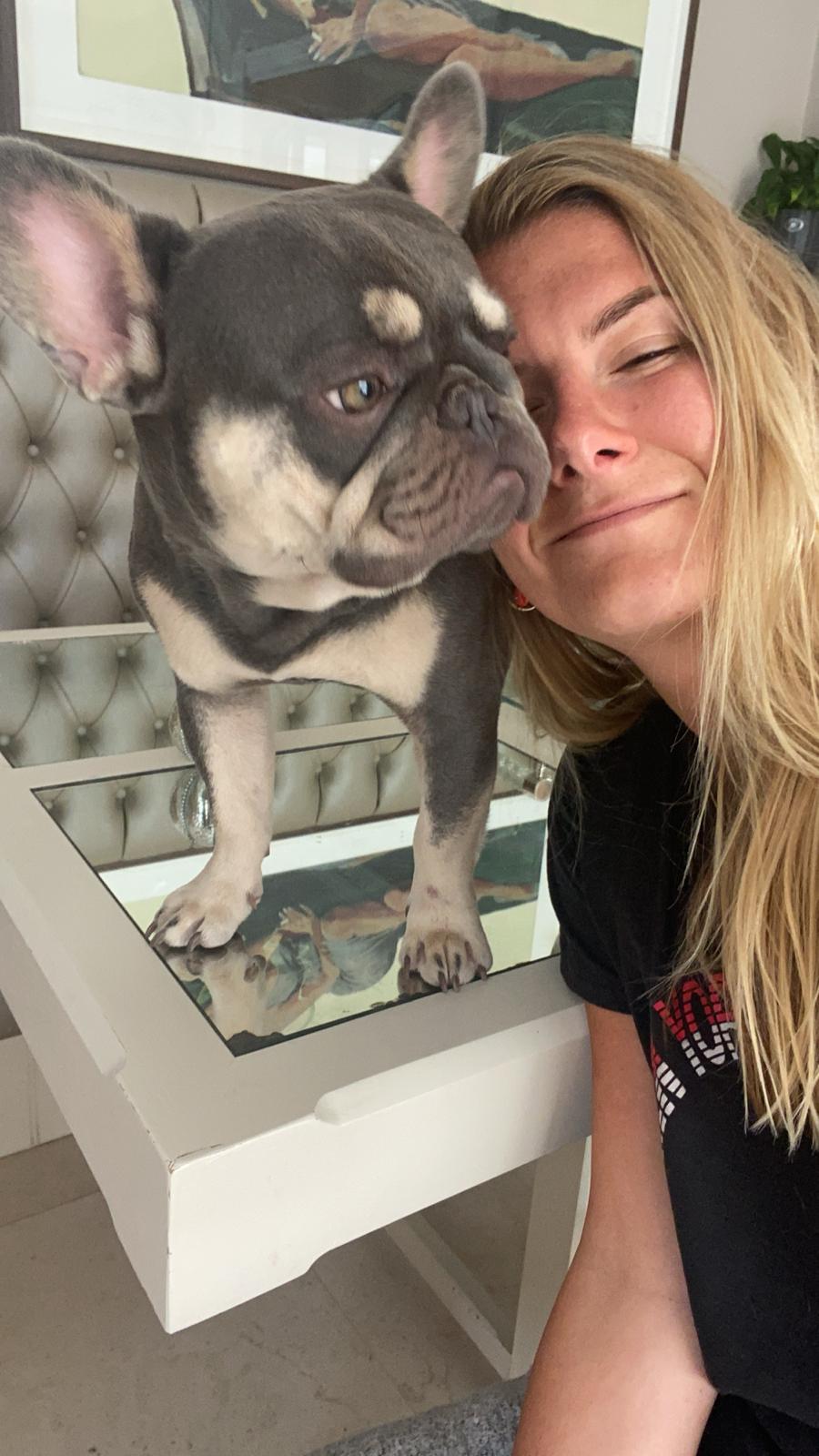
Olivia started noticing something “wasn’t quite correct” in August 2023 while competing in the Half Ironman World Championship in Lahti, Finland.
The two-mile swim and 56-mile cycle went smoothly, she said, but the 13-mile run to the finish line “quickly turned into a ‘let’s just get round this’”.
“I just wasn’t able to push as hard as I normally would have been able to,” she said.
“But I didn’t feel unwell day to day, so I was just pushing it to the back of my mind.”

Olivia went to a private doctor in November 2023 but was told it was “very likely to be long Covid” and she should “expect to feel like this for some time”.
Two days later, she was admitted to Blackpool A&E with extreme toothache and sepsis and was told soon after she had an aggressive form of acute myeloid leukaemia that responds poorly to treatment.
“It was a total shock,” she said.
“I’m not saying I was the healthiest person in the world, but I was quite healthy – I didn’t have a lifestyle that was indicative of cancer.”
Olivia began a regime of chemotherapy designed to “completely empty” her bone marrow to see whether the cancerous cells would grow back.
This procedure stripped away her immune system, leaving her extremely vulnerable to infection and unable to leave the hospital.
“I went to hospital on November 7 and I didn’t leave until Christmas Eve,” Olivia recalled.
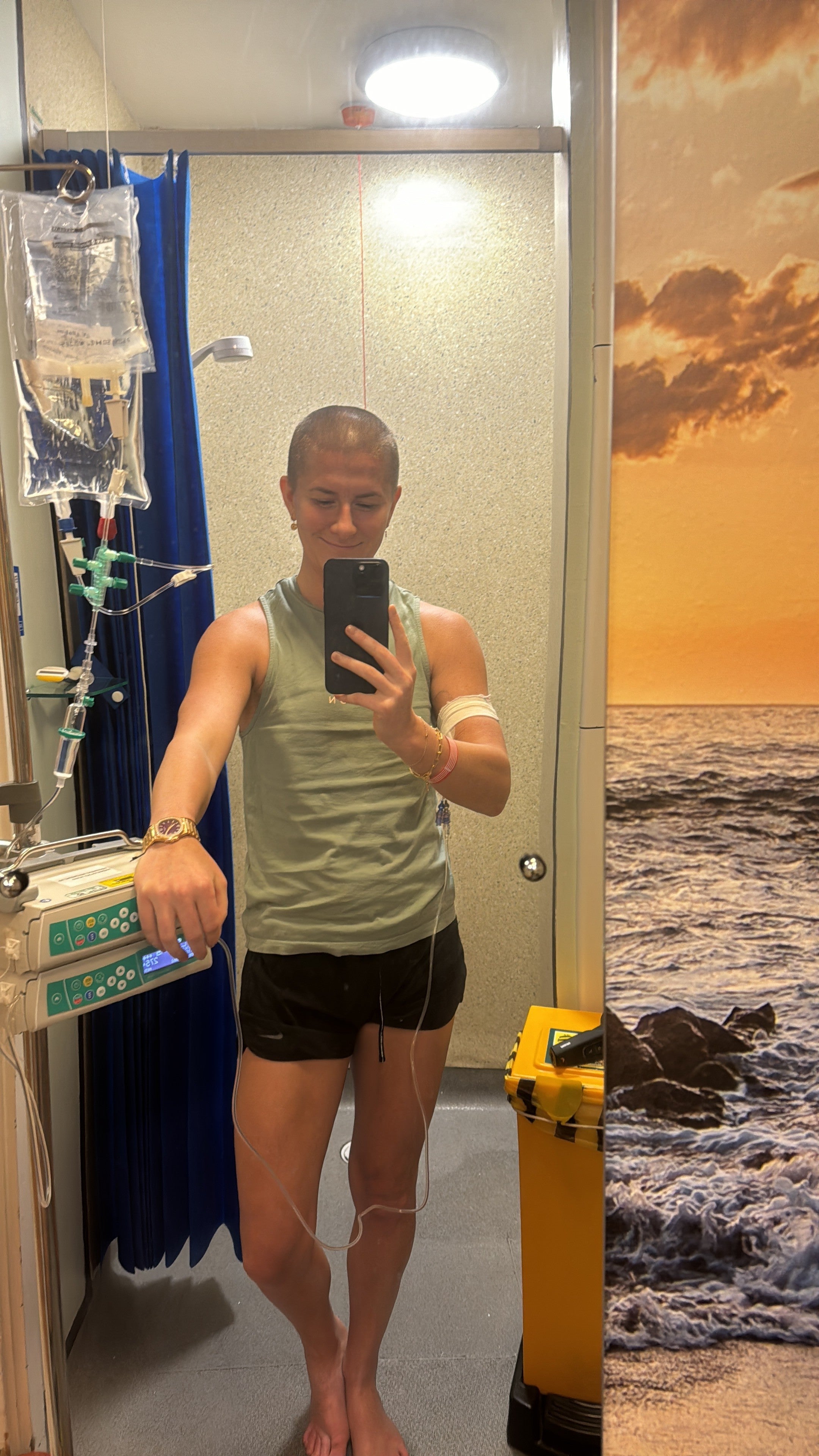
Following two rounds of chemo with varying degrees of success, Olivia’s third treatment in April 2024 largely succeeded in eradicating her leukaemia.
But just before she was due to have a stem cell transplant to replace her bone marrow, a pre-surgery appointment was moved unexpectedly.
“I thought that seemed strange, so I went down to the hospital and asked to speak to my consultant,” she said.
“It became a very weird scenario in which he wouldn’t come on the phone to speak to my nurse specialist or me.
“I ended up speaking to him the day after, and obviously I’d relapsed.”
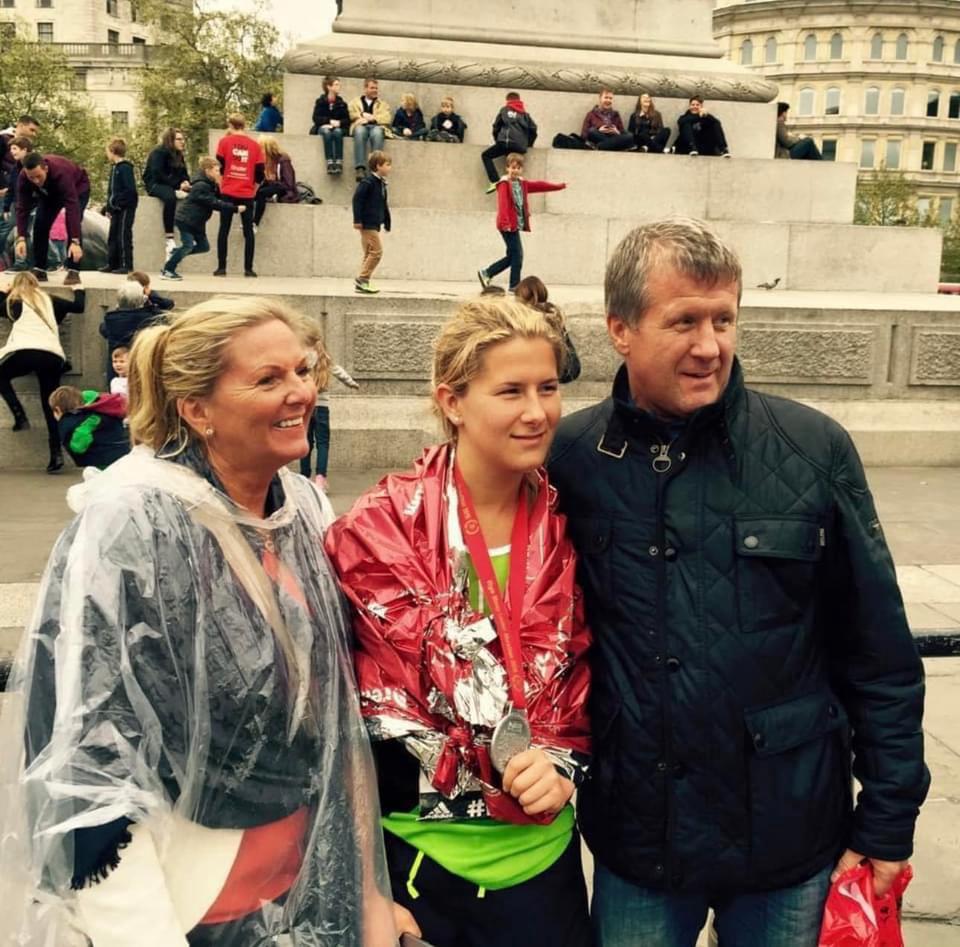
With AML, Olivia explained: “Even if there’s a speck of it left, it just regrows.
“And what regrows is basically the resistant cells, the ones that have evaded and resisted the previous chemo.”
Olivia’s consultant at Blackpool Victoria Hospital gave her three options – try to get a transplant despite her relapse, join a clinical trial, or “do nothing”.
Olivia said a consultant offering a second opinion at another hospital asked her: “Have you ever thought about taking a flight?”
This confused her because AML patients are advised to avoid “anywhere where the air is recirculated”, such as on planes, but “then the penny dropped, and I realised he’d suggested going to Dignitas (the Swiss assisted dying clinic)”.
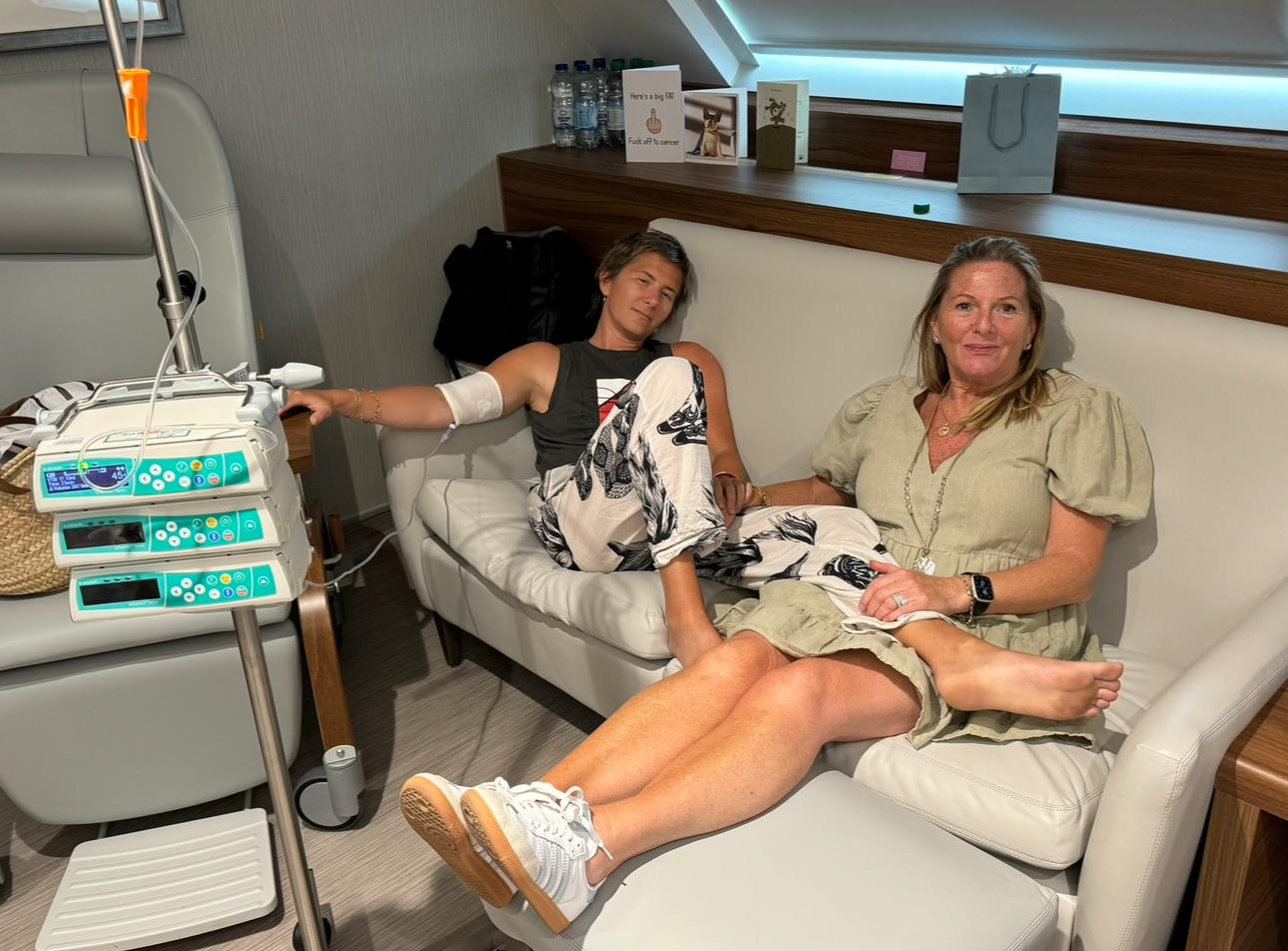
In November 2024, after various unsuccessful trials, Olivia was given a novel Car-T treatment – immunotherapy, which genetically modifies a patient’s T-cells to attack cancer.
The treatment at King’s College Hospital in London was followed by a stem cell transplant.
“The initial bone marrow findings were excellent,” she said.
“There were no signs of disease. It was a really positive result at first.
“I was feeling probably the best I’d felt for quite some time.”
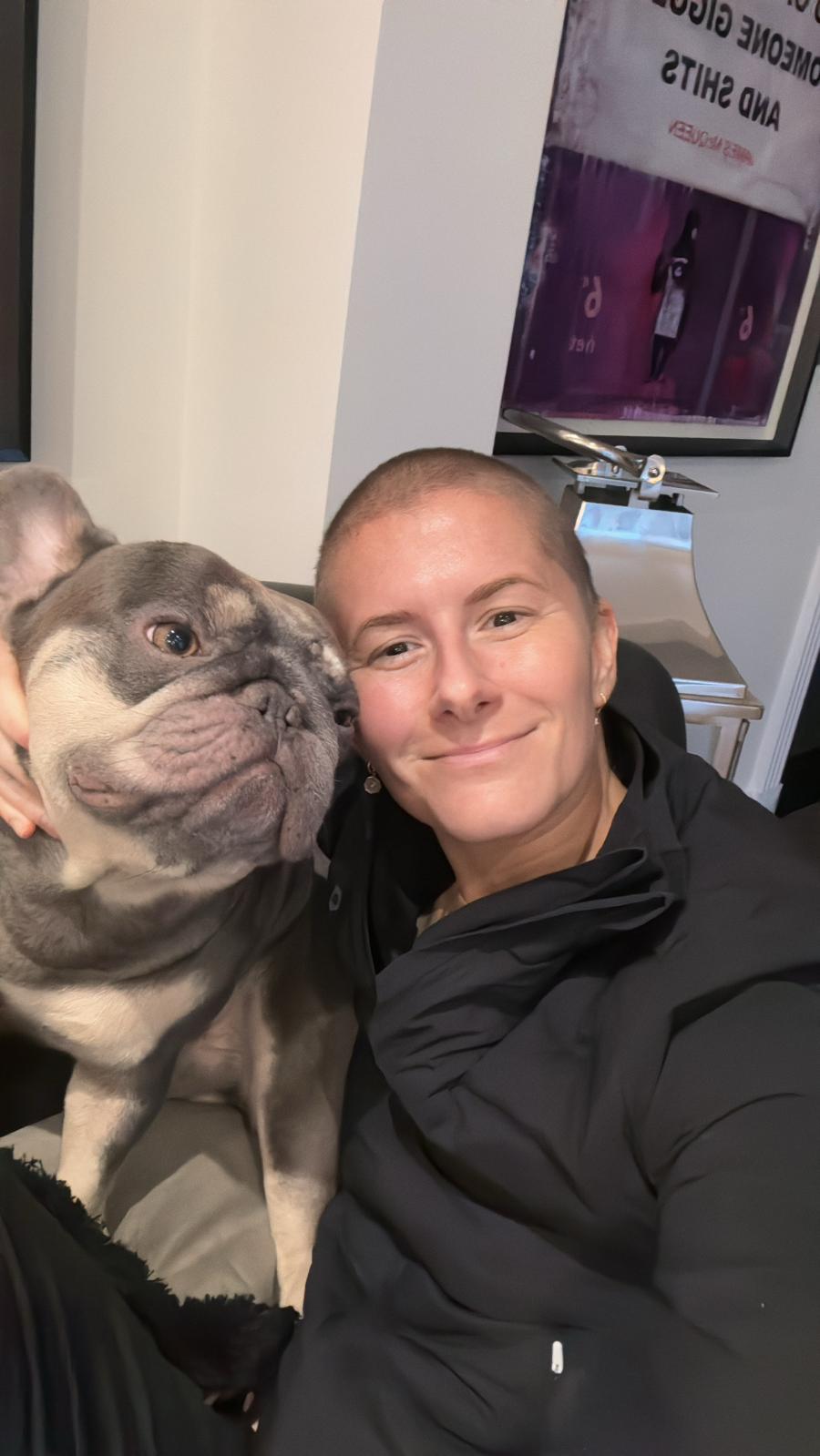
In March 2025, Olivia was readmitted with gut issues, a common side effect of stem cell transplants.
She said: “I’d been in for blood literally one week before. The blood work had been very good, with no reason for concern.
“One week later, I showed active disease. My counts were off.”
Olivia said her consultant was “blindsided” by her relapse because the transplant had gone so well.

“When I got the news, I wanted to go home,” she said.
“It was a bitter pill to swallow after being told there’s no disease.”
While home with her mum, Susan and dad, Stephen, Olivia decided “on a little bit of a whim” to walk a marathon around Fairhaven Lake to raise funds for the clinical research team at King’s.
The former triathlete was forced to stop after 20 miles but still raised more than £25,000.
Acute myeloid leukaemia symptoms
NHS
Symptoms of AML can include:
- skin looking pale or “washed out”
- tiredness
- breathlessness
- losing weight without trying
- frequent infections
- having a high temperature, and feeling hot or shivery (fever)
- night sweats
- unusual and frequent bleeding, such as bleeding gums or nosebleeds
- easily bruised skin
- flat red or purple spots on the skin
- bone and joint pain
- a feeling of fullness or discomfort in your tummy
- swollen glands in your neck, armpit or groin that may be sore when you touch them
She said: “It went exactly how I expected it to go because my legs have atrophied so much.”
She hopes the money will contribute to “solid advancements”, saying the team at King’s “are on the cusp of something excellent with their development of Car-T treatment for AML”.
“For them to have something that can help treat children, it gives you a bit more hope,” she said.
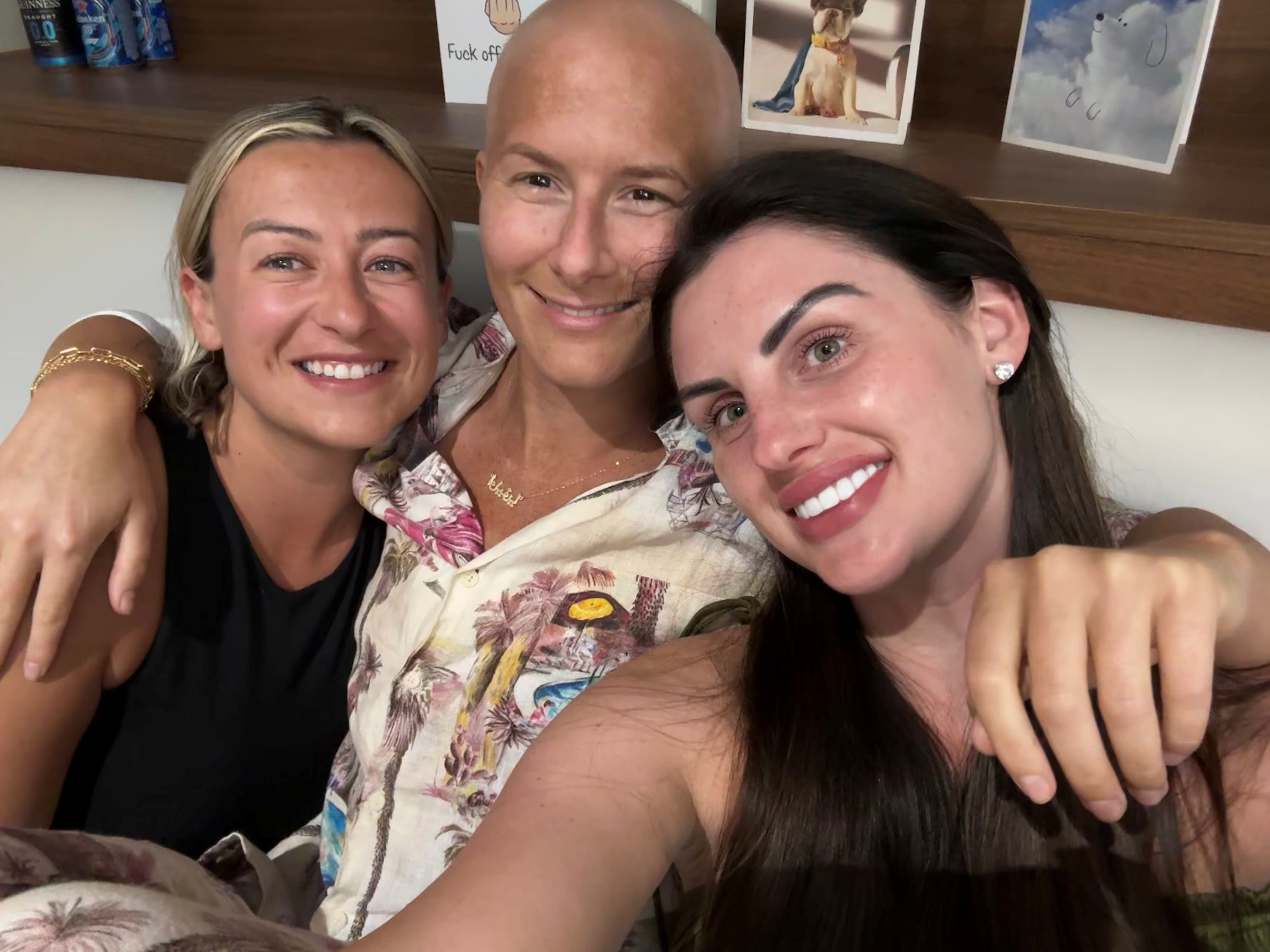
Olivia began a new chemo regime in late March, with the intention of joining another clinical trial.
Reflecting on her treatment, she said: “We did almost do it, but ‘almost’ doesn’t matter.
“I did this (walk) so one day the next 33-year-old, the next one-year-old, the next one-month-old, isn’t an ‘almost’.”
Olivia’s fundraiser remains open and can be found on GoFundMe.










